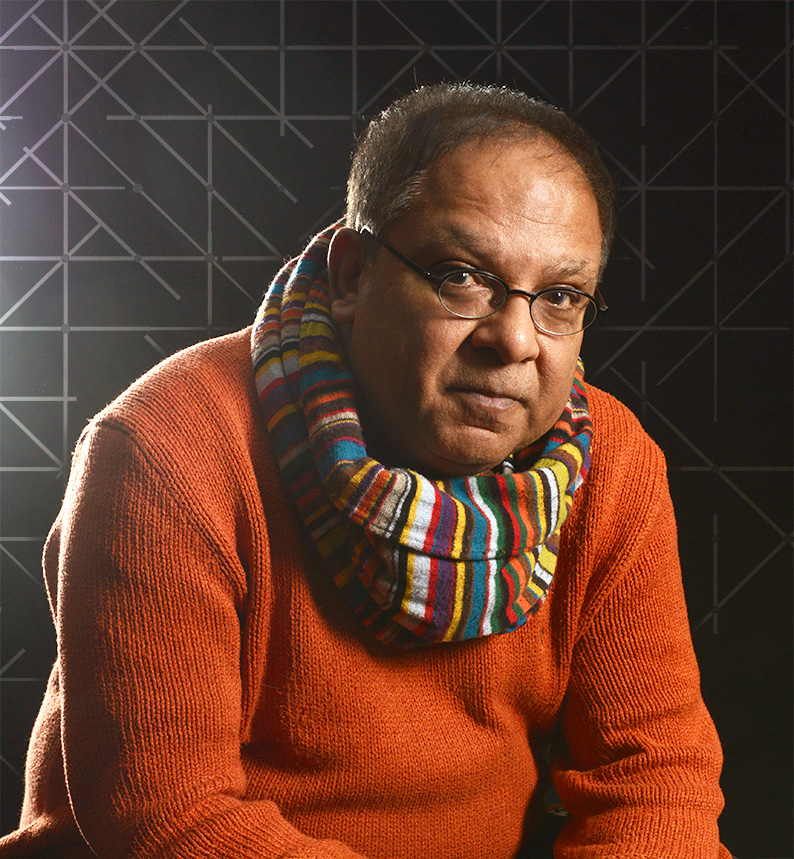“How did you get from mistakenly entering Canada Immigration in London to sitting here in front of me in Calgary?” By now, the lunch-hour crowd had thinned at La Petite Pâtisserie. My time was also running out.
Mike shrugged apologetically. “These days, it’s hard to enter Canada as an immigrant. Back then, it was the easiest. The country had a points system which seemed made especially for me.
I was just under 30, could speak French fluently, and spoke at least half a dozen languages. I had accumulated £10,000. My interviewer beamed at me. ‘You’ll have no trouble finding work. Where do you want to live in Canada? Economically, Calgary is booming.’”
“All right. I’ll go there.”
As easy as that. I also emigrated to Canada around the same time—1980. We arrived within a month of each other. I was 24, had spent six years at Grammar School studying French and had an “O-level” to prove it. I had just qualified as a Chartered Accountant. I too was allowed in without a sponsor or a guaranteed job.
“I sold my van and the rest of my leather jackets, took whatever cash I had, and boarded a plane to Calgary in a matter of months. Fortunately, I had an aunt there I could stay with until I could stand on my own two feet.”
“There was no work for a full-time interpreter. After searching for weeks, my aunt pointed out an advert by Calgary Police for an interpreter position. The work was dismal. All the horror stories I translated depressed me no end. There was no sign of the glamorous work I was used to in England—accompanying businessmen on private jets to negotiate contracts. The oil companies, for the most part, dealt with Americans.”
“By then, I had found an Ismaili girlfriend and was ready to marry. Fatima also came from Kenya and had attended the H.H. Aga Khan High School, a couple of years below me.”
Calgary was booming. Fatima encouraged me to become a realtor.
“But we need my job to get a mortgage to buy a house. Besides, I don’t know anything about selling houses.”
“You’ll learn. We can rent for the time being. We’re young enough to wait. It’s important for you to love what you do. Go try it out.”
“My luckiest break came through my real estate manager. ‘Don’t go making cold calls. Go out into the community and meet people.’ Renfrew was an Italian community. It started as a hub for new immigrants. The Italians were hardworking artisans—builders, stoneworkers and the like. They were frugal and bought their homes in cash. Now, the second generation had become wealthier, more confident. They didn’t want to wait ten years to save. They believed in mortgages and wanted to buy upscale before the rising real estate market gazumped them.”
“Walking through the area, I found a man painting his fence. Approaching him, I asked in a Florentine Italian accent—highly respected—‘Are you thinking of selling your property?’ He was surprised but nodded. ‘I may have a buyer for you.’ He agreed to give me the listing. I went back to my manager. We found two candidates for the seller.
“Before each buyer arrived, I suggested to Dino, ‘Brew some coffee, bake some bread. You don’t have to offer any to the buyers, but the smell will overcome them.’ The house was sold. I asked the buyer, again in Florentine Italian, ‘Are you selling a home to buy this one?’ Of course he was. I got his listing. Within months, the Italian community became my clientele. Once I had absorbed that community, I approached the Spanish South American community in the same vein.”
“I loved my work and rejoiced that my determination to study languages was paying off again.”
“A Serbian came to me. He was looking for fixer-uppers. I found a dozen properties for him, then sold them post-renovation. I was introduced to all his suppliers. ‘This is easy and makes money. I can do it myself.’ I ended up buying and selling for myself and pocketing the commission. Taking inspiration from the estate agent in London who managed to find me 100% financing, I was able to buy a place, renovate it in a matter of weeks—if not a couple of months—and finance the property well over my invested cash amount. If the property wouldn’t sell, it was rented out. The rent covered all the operating expenses, including the mortgage payments, which comprised not only interest but also the loan principal.”
“Now, 40 years on, I own 60 rental homes in Calgary and 30 acres of land on the outskirts—on Lake MacLeod. Come, I’ll take you there if you have time.”
The man had scored home runs galore.
Following him out of the café, I marvelled at what life could present—and what it could bear fruit—if you shook it by the hand.
I surveyed my life and realised, despite my earlier braggadocio, I had achieved a tenth of what Mike had. Were the opportunities presented to him any more than those presented to me? I don’t think so.
Mike had achieved all this as a seemingly naïve participant—one who accepted what was given to him and made the best of it, without overanalysing or talking himself out of taking the opportunities.
Good for him.


